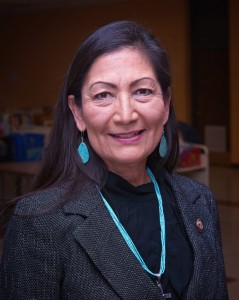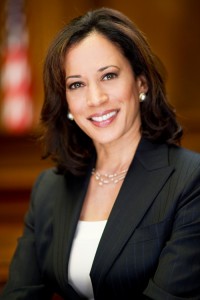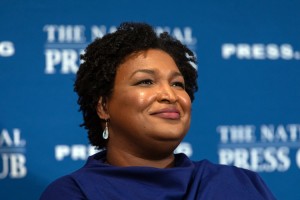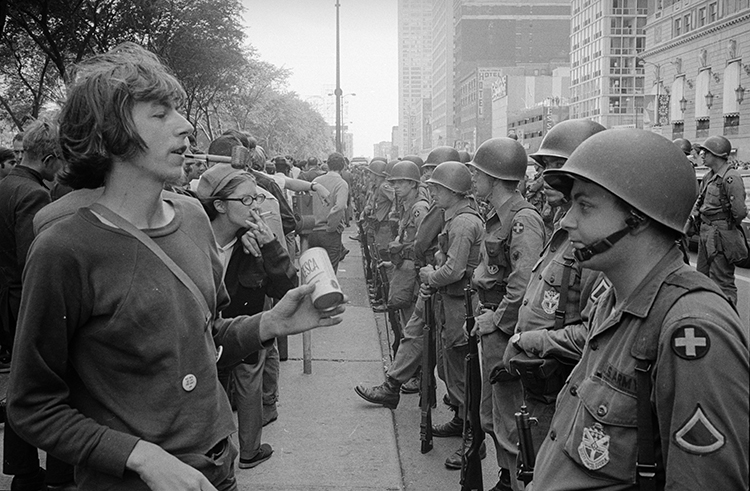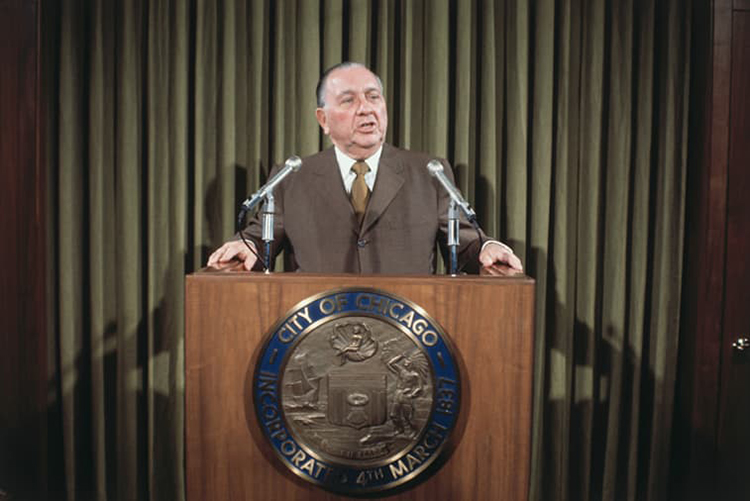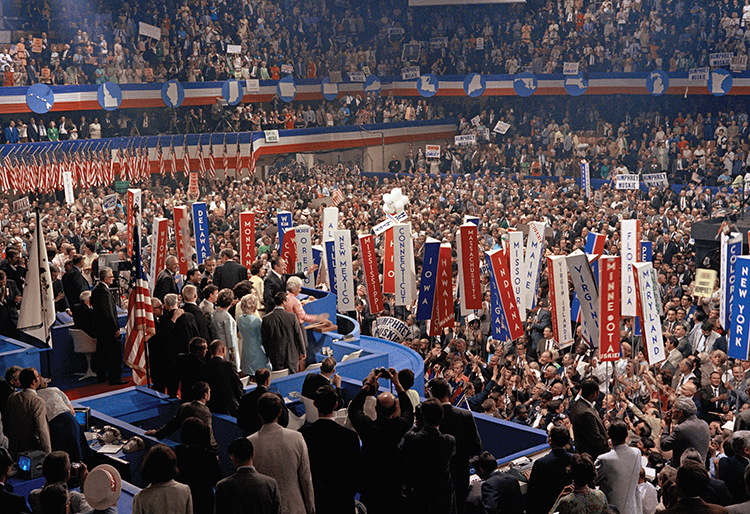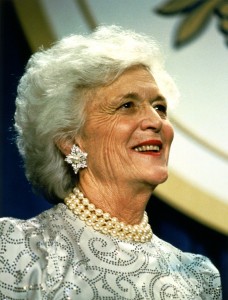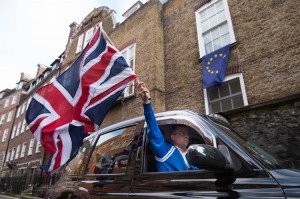New Zealand’s Prime Minister Ardern Resigns
Monday, February 20th, 2023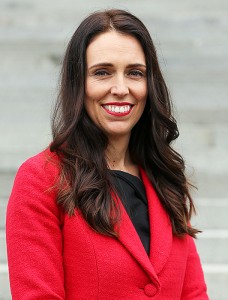
Jacinda Ardern became prime minister of New Zealand in October 2017.
Credit: © Hagen Hopkins, Getty Images
An icon for women and girls around the world, Jacinda Ardern served as prime minister of New Zealand for a little over five years. Assuming the role in October 2017, she responded to a tragic mass shooting and managed the country through the COVID-19 pandemic. Within her first year in office, she had her daughter, becoming the second elected head of government in modern history to give birth while holding office. Pakistani Prime Minister Benazir Bhutto was the first, in 1990. Ardern is a strong leader who skillfully led her country through tragedies.
On January 19, 2023, Ardern announced that she would resign as prime minister and as leader of the Labour Party. She officially stepped down as prime minister on January 25. Ardern said that her resignation was part of a decision to help the Labour Party find a new leader before the 2023 general election, as well as to protect her own mental health. She also announced her intention to carry out the rest of her term as a member of Parliament.
Jacinda Kate Laurell Ardern was born in Hamilton, New Zealand, on July 26, 1980. She earned a bachelor’s degree in communications studies from the University of Waikato in 1999.
Ardern became interested in politics at a young age. She joined the Labour Party, a center-left political party that favors socially liberal policies, at the age of 17. From 2003 to 2004, she served as the vice president of the Young Labour Party. She was first elected to New Zealand’s Parliament in 2008. She was soon appointed the party’s spokesperson on youth affairs. She later served as spokesperson for social development; for justice, children, and small business; and for arts, culture, and heritage.
In March 2017, Labour elected Ardern to be the party’s deputy leader. Polls prior to a 2017 general election showed weak support for the party. To improve Labour’s chances in the election, Andrew Little resigned his leadership of the party. Ardern became Labour leader on July 31, 2017.
No party won a majority of parliamentary seats in the September 2017 general election. The National Party won 56 seats, and Labour, together with the Green Party, won 54. The New Zealand First Party, led by Winston Peters, won 9 seats. New Zealand First joined Labour and the Greens, forming a governing partnership with a 63-seat majority. Ardern was sworn in as prime minister on Oct. 26, 2017.
On March 15, 2019, a white supremacist gunman attacked two mosques in Christchurch before being captured by police. The attacker killed 51 people and injured dozens more in the deadliest terrorist attack in New Zealand’s history. Within weeks after the attack, Ardern’s government introduced new laws banning the ownership of most automatic and semiautomatic weapons. The legislation overwhelmingly passed through Parliament and became law on April 12.
In 2020, Ardern won praise for her leadership role in New Zealand’s rapid and effective response to the worldwide public health crisis of the COVID-19 pandemic. The government restricted travel to New Zealand, closed schools and nonessential businesses, and encouraged residents to practice social distancing. It also provided financial assistance for workers and businesses. By late April, some restrictions were eased, following a significant decrease in new cases.
In October 2020 parliamentary elections, Labour won a rare outright majority of seats, and Ardern remained prime minister. Ardern’s handling of the 2019 terrorist attack and the COVID-19 pandemic were credited with voters’ strong support for the Labour Party. The nation’s COVID-19 vaccination program began in February 2021, and a high percentage of the eligible population was vaccinated by the end of the year. Ardern announced an end to most of New Zealand’s strict COVID-19 policies in 2022.

